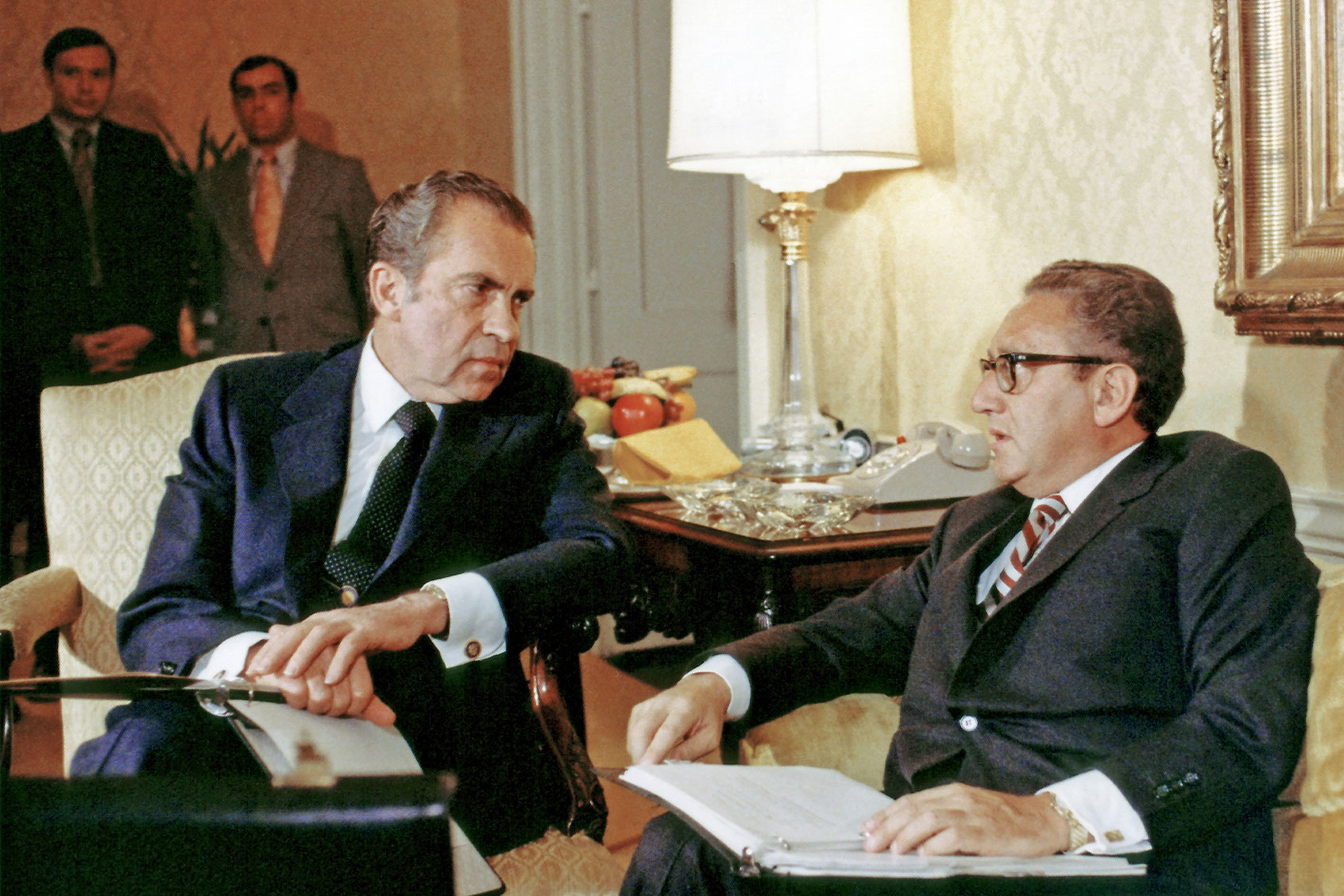A new documentary titled “American Experience: Kissinger” premiered on public television on October 27, 2023, exploring the controversial legacy of former U.S. Secretary of State Henry Kissinger. The film revisits pivotal moments from his political career, particularly during the Vietnam War, but it has drawn criticism for its superficial treatment of Kissinger’s actions and their implications for both America and other nations.
The documentary attempts to portray Kissinger’s foreign policy achievements, from the notable “ping-pong diplomacy” with China to arms limitation agreements with the Soviet Union. It features archival footage and commentary from historians, many of whom recount familiar anecdotes about Kissinger’s tenure under President Richard Nixon. However, critics argue that the film glosses over the darker aspects of Kissinger’s decisions, particularly the consequences of his Vietnam War strategies.
While the documentary presents Kissinger’s assertions about his goals—such as achieving peace in Vietnam and unifying the nation—it largely avoids a critical examination of the political motivations that shaped these decisions. For instance, it fails to confront the reality that Kissinger and Nixon deliberately prolonged American military involvement in Vietnam to avoid political fallout ahead of the 1972 presidential election. This tactic resulted in thousands of unnecessary casualties among American soldiers and Vietnamese civilians alike.
The film’s animation and stylistic choices have also come under scrutiny. Critics note the use of cartoonish representations to depict serious historical events, such as the secret bombing of Cambodia, which resulted in a significant loss of life. Such depictions diminish the gravity of the subject matter, overshadowing the real human suffering caused by Kissinger’s policies.
Notably, the documentary includes only a limited selection of Nixon’s White House tapes, which could have provided deeper insight into the motivations behind Kissinger’s actions. Instead, it relies heavily on commentary from Niall Ferguson, Kissinger’s authorized biographer, without clarifying his vested interest in portraying Kissinger favorably. This reliance raises questions about the documentary’s objectivity and completeness.
In the broader context of Kissinger’s legacy, the film highlights how his approach to foreign policy often involved a Faustian bargain, suggesting that the United States could benefit from making morally questionable decisions abroad. This philosophy, referred to as “realpolitik,” has sparked ongoing debate about the ethical implications of such strategies, both in the past and in contemporary foreign affairs.
As the film concludes, it leaves viewers reflecting on Kissinger’s complex persona—both as a statesman who played a significant role in shaping modern American foreign policy and as a figure whose decisions resulted in profound human suffering. The documentary serves as a reminder of the importance of critically evaluating historical narratives and recognizing the consequences of political actions on a global scale.
In summary, “American Experience: Kissinger” offers an overview of a controversial figure but ultimately falls short of delivering a comprehensive and balanced portrayal. As discussions about Kissinger’s impact continue, this documentary may prompt further examination of his policies and their lasting effects on international relations.
